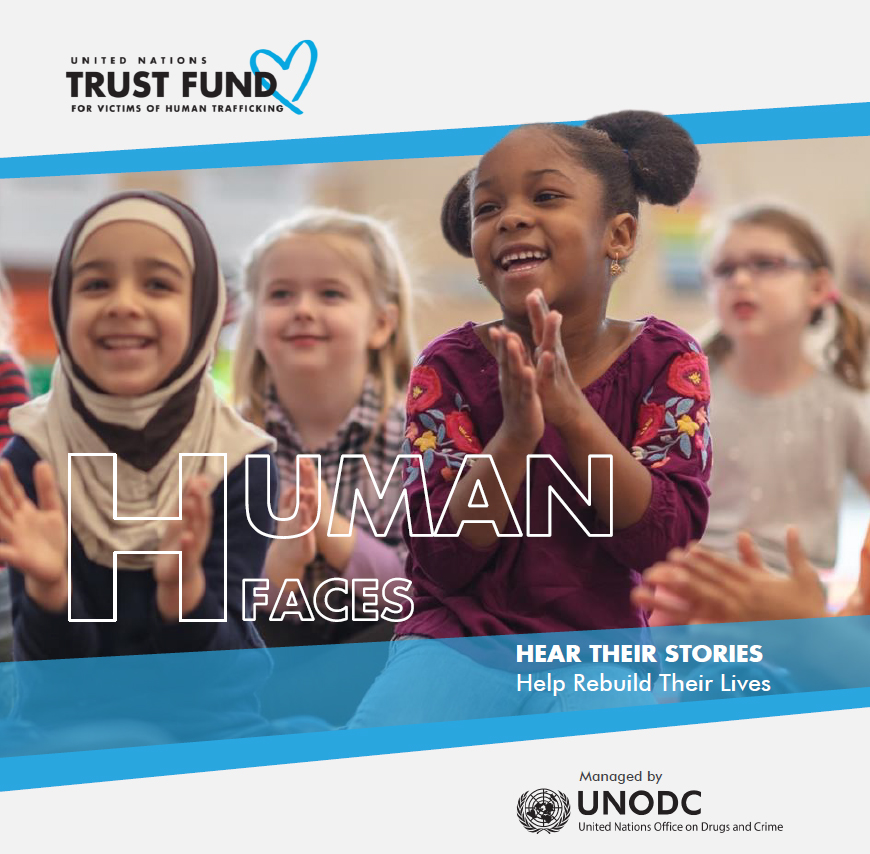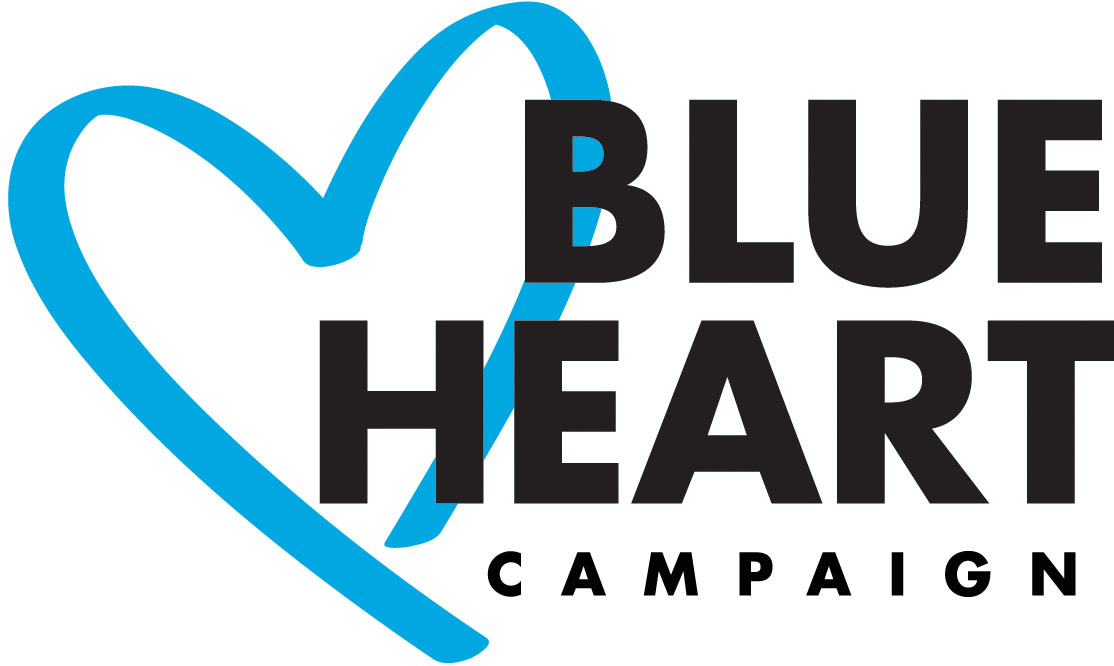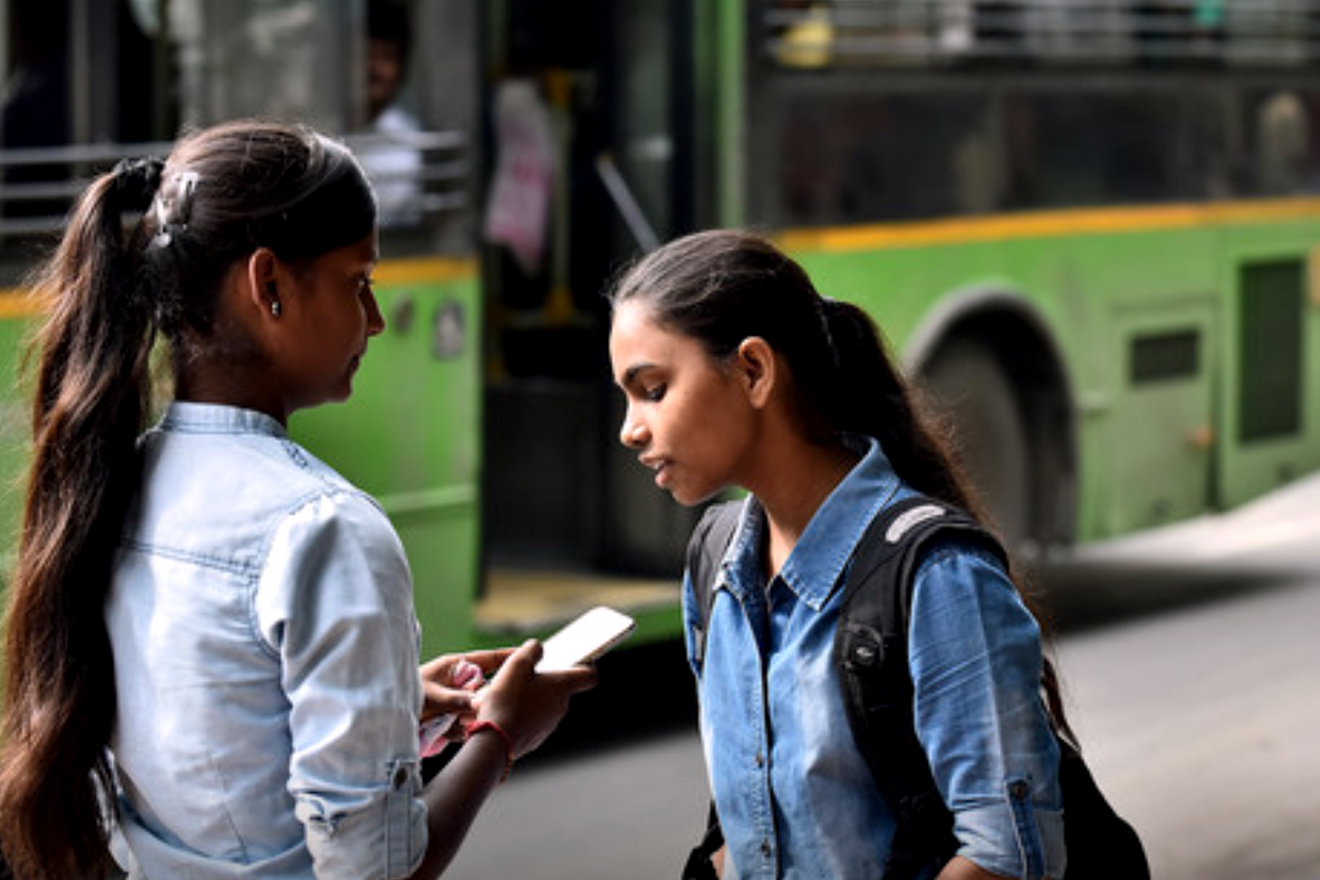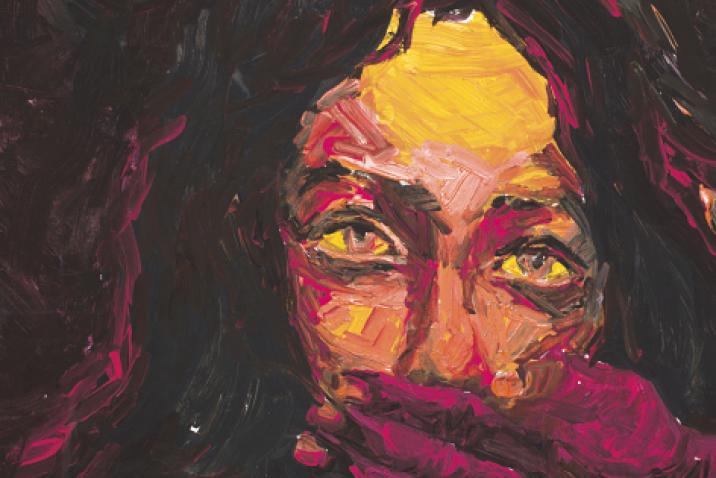Human trafficking is Organized Crime – End the Exploitation
Human trafficking continues to be a global threat driven by organized crime. More and more victims are being trafficked every year, across greater distances, with greater violence, for longer periods of time and for greater profit. From 2020 to 2023, there were more than 200,000 detected victims globally, which is just the tip of the iceberg. The actual number of unreported cases is believed to be significantly higher.
Organized criminal networks are driving this victimization and exploitation, using migration flows, global supply chains, legal and economic loopholes and digital platforms to facilitate cross-border trafficking at a massive scale. They profit from forced labour, sexual exploitation and coercion into criminal activities, such as online scams and drug smuggling.
Despite some progress, criminal justice responses fall short in tackling this rapidly evolving crime. To end human trafficking, law enforcement must enforce strict laws, conduct proactive investigations, strengthen cross-border cooperation, target criminal finances, and leverage technology to identify and dismantle trafficking networks.
Ensuring justice for survivors requires holding perpetrators accountable and providing a victim-centred approach to protection, support and access to justice.
 This year’s campaign highlights the vital role of law enforcement and the criminal justice system in dismantling organized trafficking networks while ensuring a victim-centred approach.
This year’s campaign highlights the vital role of law enforcement and the criminal justice system in dismantling organized trafficking networks while ensuring a victim-centred approach.
We particularly encourage law enforcement agencies, including police departments, border security, international agencies, and specialized task forces, to take an active role by utilizing online platforms and conducting in-person outreach at high-traffic areas such as transportation hubs. This way we can reach a wide audience, raise public awareness and promote reporting channels for suspected trafficking cases. Your active involvement bridges the gap between the campaign’s global reach and local realities, ensuring it effectively connects with those impacted by human trafficking.
Why a Blue Heart?
The Blue Heart symbol represents solidarity with the victims and the cold-heartedness of those who buy and sell their fellow human beings.
How you can get involved
- Share, like and comment on the social media messages for the World Day #EndHumanTrafficking
- Donate to the United Nations Voluntary Trust Fund for Victims of Human Trafficking, which provides on-the-ground assistance and protection to victims of trafficking.
- Join the Blue Heart Community or see more ideas on how to support the campaign.
Sexual exploitation, forced labour, slavery…
Trafficking in persons is a serious crime and a grave violation of human rights. Every year, thousands of men, women and children fall into the hands of traffickers, in their own countries and abroad. Almost every country in the world is affected by trafficking, whether as a country of origin, transit or destination for victims. UNODC, as guardian of the United Nations Convention against Transnational Organized Crime (UNTOC) and the Protocols thereto, assists States in their efforts to implement the Protocol to Prevent, Suppress and Punish Trafficking in Persons (Trafficking in Persons Protocol).
The Protocol to Prevent, Suppress and Punish Trafficking in Persons defines Trafficking in Persons as the recruitment, transportation, transfer, harbouring or receipt of persons, by means of the threat or use of force or other forms of coercion, of abduction, of fraud, of deception, of the abuse of power or of a position of vulnerability or of the giving or receiving of payments or benefits to achieve the consent of a person having control over another person, for the purpose of exploitation. Exploitation shall include, at a minimum, the exploitation of the prostitution of others or other forms of sexual exploitation, forced labour or services, slavery or practices similar to slavery, servitude or the removal of organs.
The World Day against Trafficking in Persons was proclaimed by the United Nations General Assembly, in its resolution A/RES/68/192.
Did you know?
- 74% of traffickers operate within organized crime groups.
- In 2022, victims from 162 nationalities were trafficked to 128 different countries.
- About 70% of those investigated, prosecuted and convicted for trafficking in 2022 were men.
- African victims were the most widely trafficked group. They accounted for 31% of cross-border trafficking flows.
Source: UNODC
How to stay safe online
Human traffickers have become adept at using internet platforms, including social media channels, online marketplace sites, and free-standing webpages to recruit victims and attract clients. Follow these safety tips to protect yourself and your loved ones against human trafficking.
Human Faces

HEAR THEIR STORIES Help Rebuild Their Lives
Read the stories of some of the many women, men and children, who have gained a second chance at life thanks to the effective and compassionate work of the NGO grantees of the UN Voluntary Trust Fund for Victims of Human Trafficking, managed by the United Nations Office on Drugs and Crime (UNODC).





